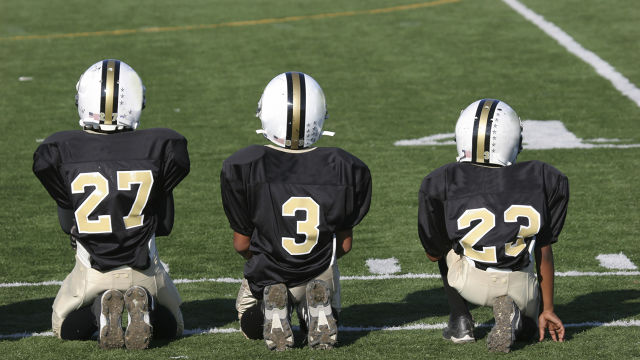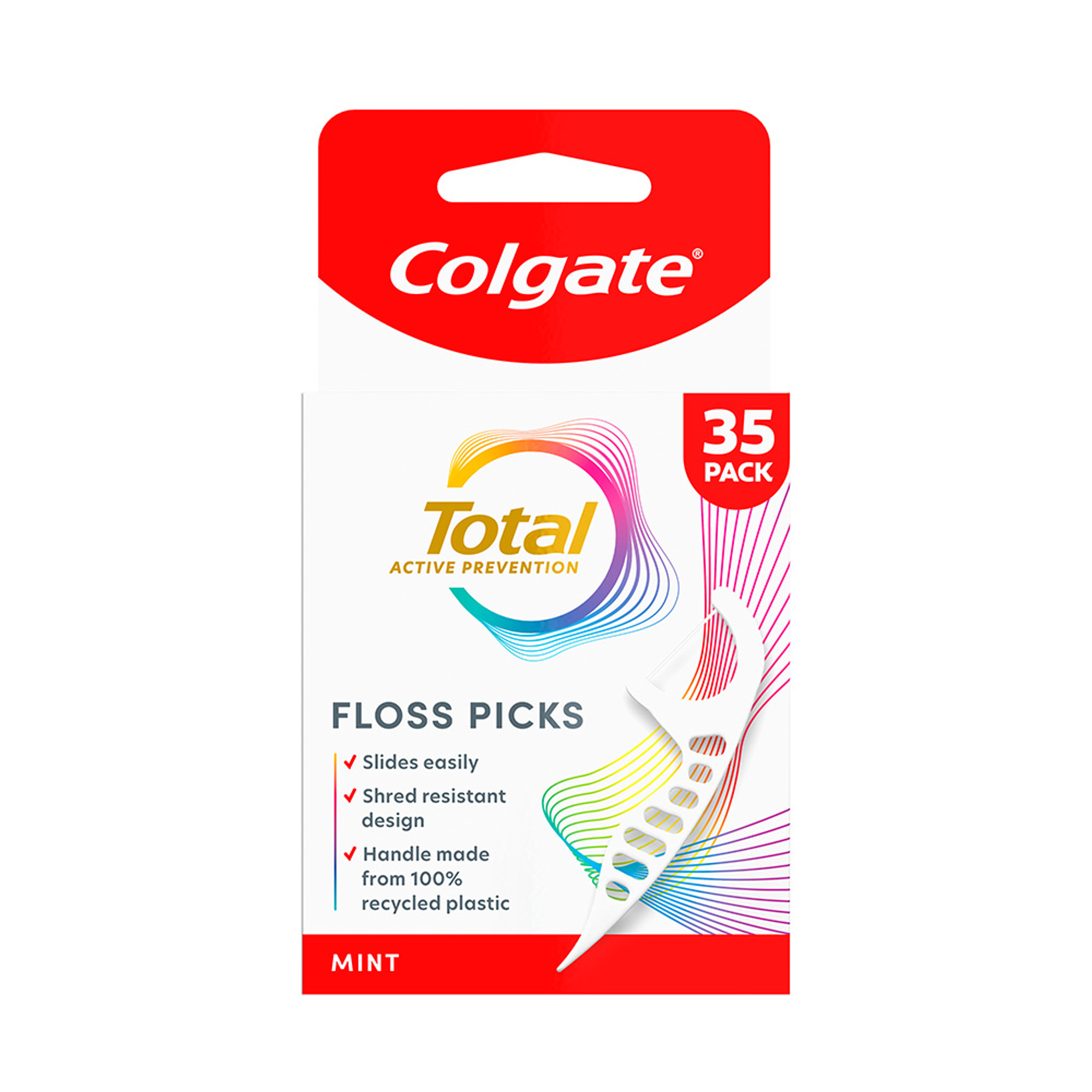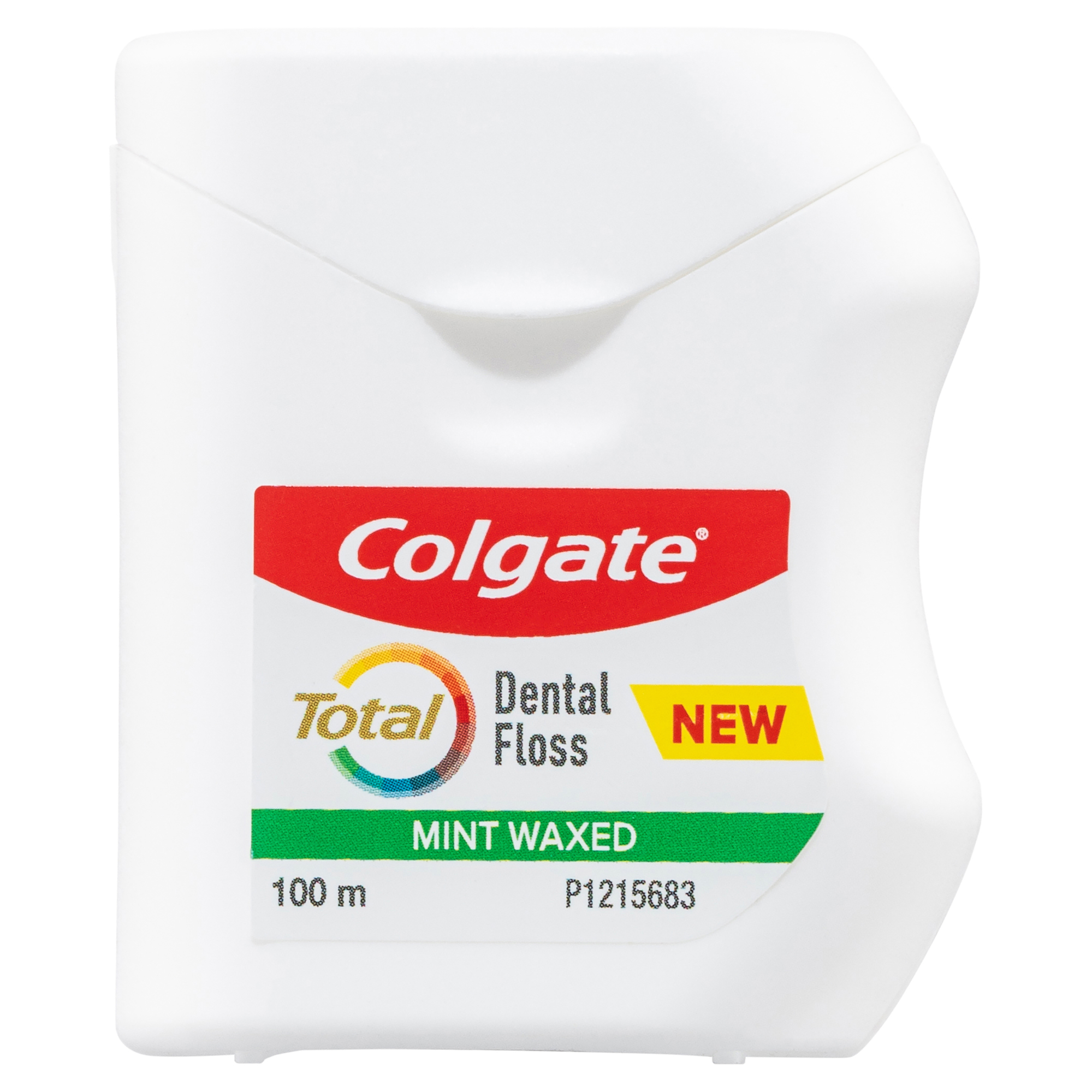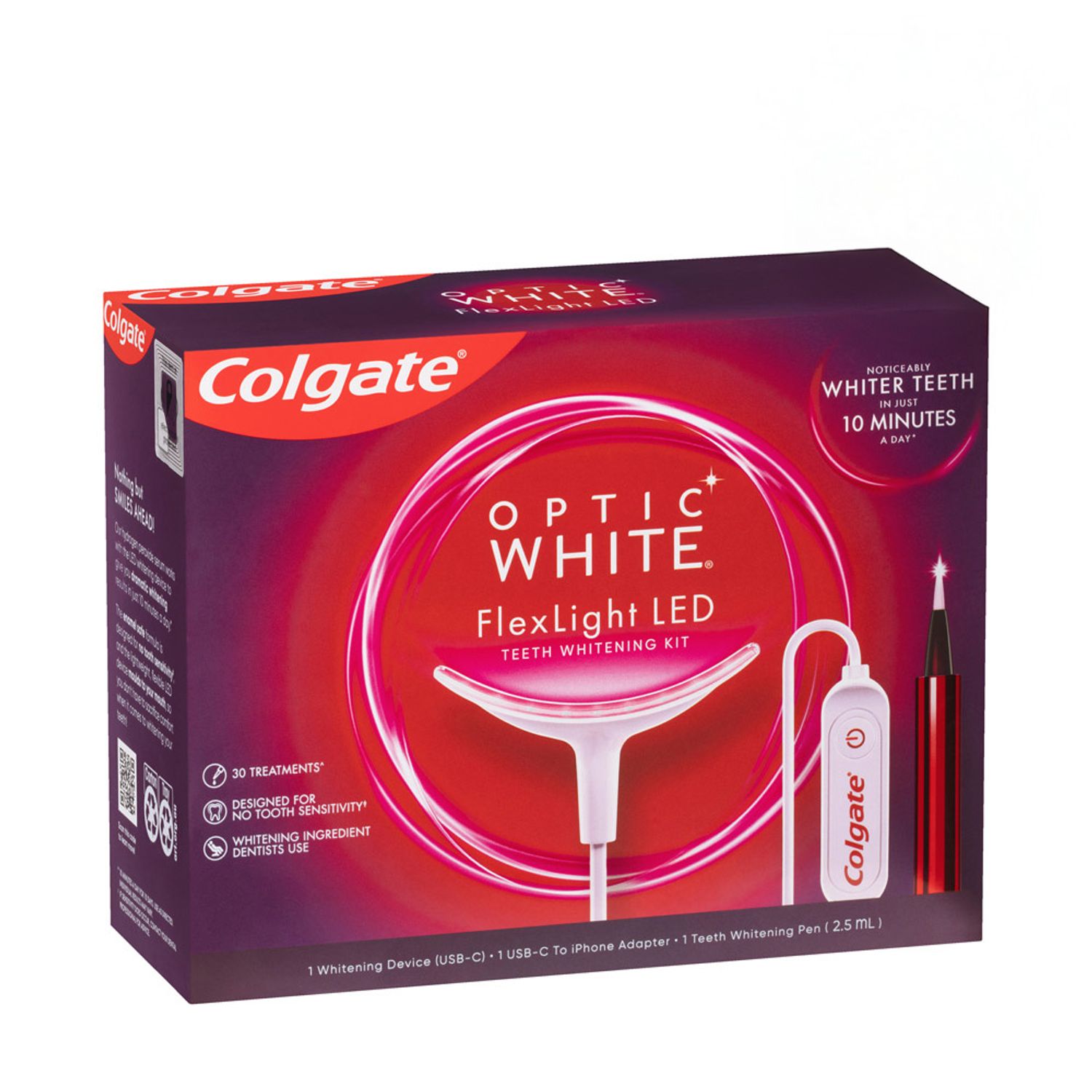-
-

BRUSHING & FLOSSING
How to BrushWhat Is the Right Way to Brush?
Proper brushing takes at least two minutes — that's right, 120 seconds!...

BRUSHING & FLOSSING
How To FlossWhat is the Right Way to Floss?
Proper flossing removes plaque and food particles in places where a toothbrush cannot easily reach... -
Science & Innovation
- Home
- Oral Health
- What Are Sports Mouth Guards?


Mouth guards, sports guards and mouth protectors are different names for the same thing: a device worn over your teeth that protects them from injury. Mouth guards are an important piece of athletic equipment for anyone participating in a sport that involves falls, body contact or flying equipment. This includes football, rugby, cricket, basketball, hockey, skateboarding, gymnastics, mountain biking or any activity that might result in an injury to the mouth.
Mouth guards typically cover the upper teeth. They are designed to protect your teeth and minimise injury which may include fracture or loss of teeth along with soft tissue and bony trauma. If you wear braces or other fixed dental appliances (such as a bridge) on your lower jaw, your dentist may suggest a mouth protector for these teeth as well.
What are the different types of mouth guards?
A well-fitting mouth guard that is resilient, tear-resistant and comfortable will offer good protection. It must also fit properly and not restrict your speech or breathing. The three types of mouth guards are:
- Custom-made mouth guards – These are individually designed and made in a professional dental laboratory. Not surprisingly, they are likely to provide the most comfortable fit and best protection. Your dental professional takes an impression of your teeth and then a tailor-made mouth guard is constructed over a model of them. Because they fit and feel better, most athletes prefer customised mouth guards. However, they are also the most expensive.
- Boil and bite mouth guards – These come in a pre-formed shape that can be altered by placing the mouth guard in boiling water to soften the material and then biting into the warm plastic for a semi-customised fit. They can be bought at many pharmacies and sporting goods stores, and offer a better fit than stock mouthguards but not as good as custom-made ones. Follow the directions carefully to avoid poor-fitting mouth guard.
- Stock mouth guards – These are inexpensive and come pre-formed, ready to wear. Unfortunately, they often do not fit very well. They can be bulky, uncomfortable and may make breathing and talking difficult, but are still preferable to wearing no mouth protection at all.
How long should mouth guards last?
Mouth guards should ideally be replaced after each season because they can wear down over time, making them less effective. Replacement is especially important for adolescents because their mouths continue to grow and teeth continue to develop into adulthood. Many athletes who play several sports have new mouth guards made when they go for their six month dental check-up.
This article is intended to promote understanding of and knowledge about general oral health topics. It is not intended to be a substitute for professional advice, diagnosis or treatment. Always seek the advice of your dentist or other qualified healthcare provider with any questions you may have regarding a medical condition or treatment.
Related Products

Helping dental professionals
More professionals across the world trust Colgate. Find resources, products, and information to give your patients a healthier future











